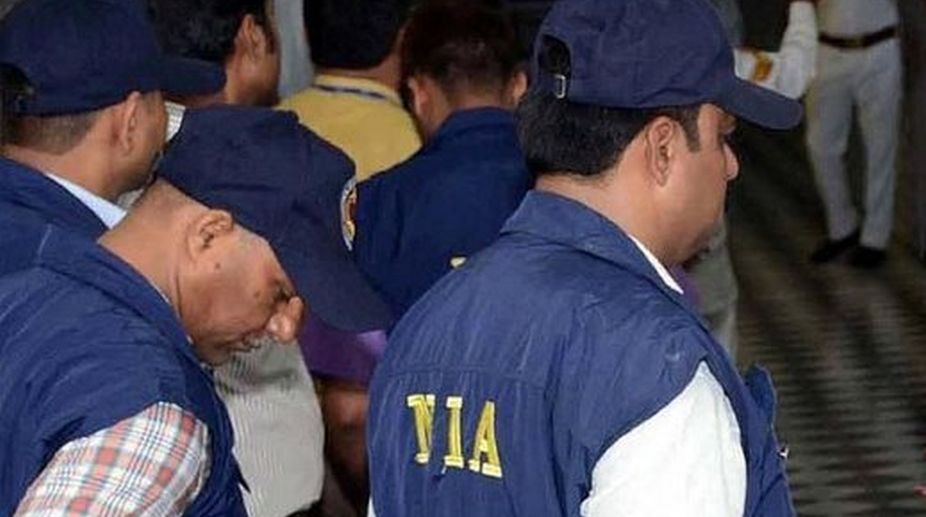NIA court sentences ISIS operative Riyas Aboobacker to 25 years of imprisonment
It said the term the convict has spent in jail will be set off against the punishment awarded to him. Aboobacker had been in jail for the last five years.

Representational Image (Photo: Facebook)
A special NIA court here on Friday convicted five Indian Mujahideen militants in the 2013 Bodh Gaya serial blasts case in which several persons including Buddhist monks were injured.
Special NIA judge Manoj Kumar Sinha held all the five accused – Imtiyaz Ansari, Haider Ali, Mujib Ullah, Omair Siddiqui and Azharuddin Qureishi – guilty in the case under various sections of the Indian Penal Code, Unlawful Activity (Prevention) Act and the Explosives Act.
The court fixed May 31 as the date for pronouncement of the quantum of sentence.
Advertisement
The world-renowned Buddhist pilgrim town of Bodh Gaya was rocked by a series of explosions on the morning of July 7, 2013 which had left a number of people, including some Buddhist monks, injured.
A sixth accused in the case – Taufiq Ahmed – was less than 18 years of age and sentenced to three years in remand home by a juvenile court last year which found him guilty of involvement in the case.
All the six accused have also been associated with the banned organization SIMI and are facing trial in the Patna blasts case of October, 2013 when the historic Gandhi Maidan here was rocked by explosions while an election rally of Narendra Modi, then Gujarat Chief Minister and the BJP’s Prime Ministerial candidate, was underway.
It was contended on behalf of defence lawyer Surya Prakash Singh that the NIA had failed to produce CCTV footage and that a security guard, who was present at one of the sites when the explosions took place had failed to recognize any of the accused.
The contention was repudiated by public prosecutor Lalan Prasad Sinha who pointed towards the association of all the accused in terrorist activities and statements recorded by as many as 90 witnesses during trial, wherein it was placed on record that the blasts had been carried out to avenge alleged atrocities on Rohingya Muslims in Myanmar by the Buddhist majority.
Advertisement